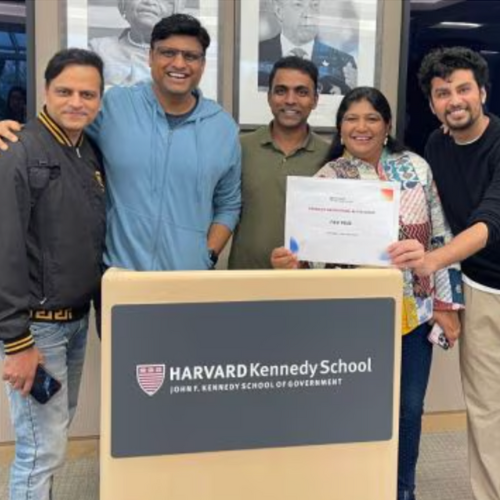
I don’t know how to read: how can I use AI? This is the reality for around 754 million adults with low literacy worldwide, according to UNESCO’s 2024 Global Education Monitoring Report (https://unesdoc.unesco.org/ark:/48223/pf0000391234). In Asia, 56% (422 million) of adults still face literacy challenges, followed by Africa with 38% (288 million). South America accounts for 4% (27 million), while Europe and North America have 2% (12 million). Oceania lacks specific data. For these underserved populations, accessing essential services is a struggle—enter MEGHA, an AI-powered solution changing lives in rural India.
MEGHA, launched in 2025 in Meghalaya, is a voice-based AI platform that lets rural citizens access government schemes via a toll-free number, no smartphone or internet required. Developed by a team recognized at Harvard’s 2025 AI for Good Hackathon, it serves Meghalaya’s 70% rural population, where literacy is just 74.4% (2011 Census). Using simple voice commands in local languages like Khasi or Hindi, users can learn about healthcare, education, or subsidies directly, bypassing literacy and digital barriers.
The platform’s magic lies in its simplicity: call, speak, and get clear, verified answers from official sources. It’s a game-changer for India’s 200–300 million feature phone users (CyberMedia Research, 2024). With potential to scale across India and beyond, the project was led by Manish Maheshwari, former Head of Twitter India, co-founder of an AI startup, and a Harvard Fellow focused on using AI for public impact. In a post after the win, Maheshwari reflected: “MEGHA is not about building something flashy—it’s about solving something real. The true power of AI is in unlocking dignity and opportunity for the people who are most often left behind.”
The AI for Good Hackathon hosted by the Harvard Kennedy School took place on April 27–28, 2025.
